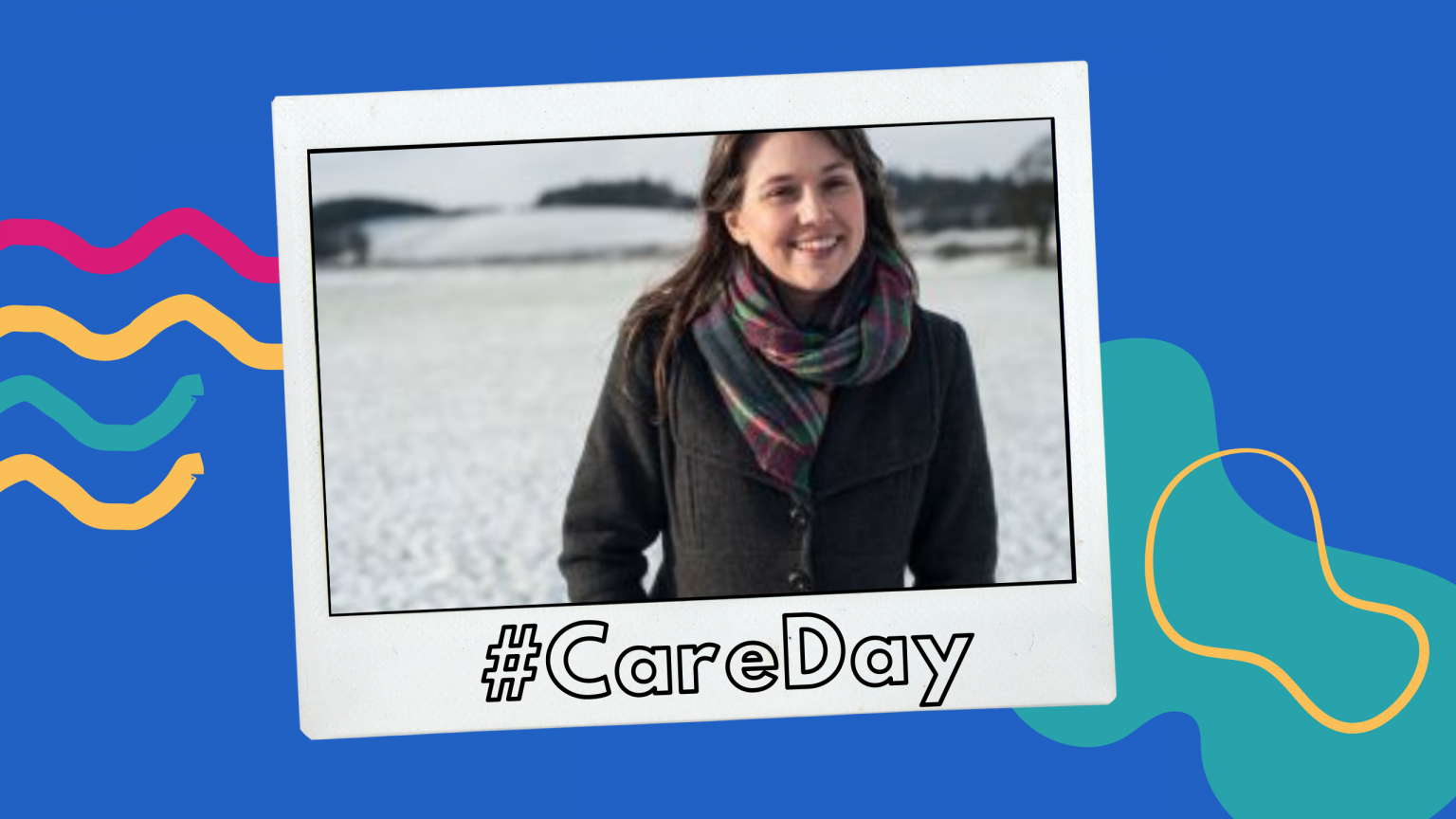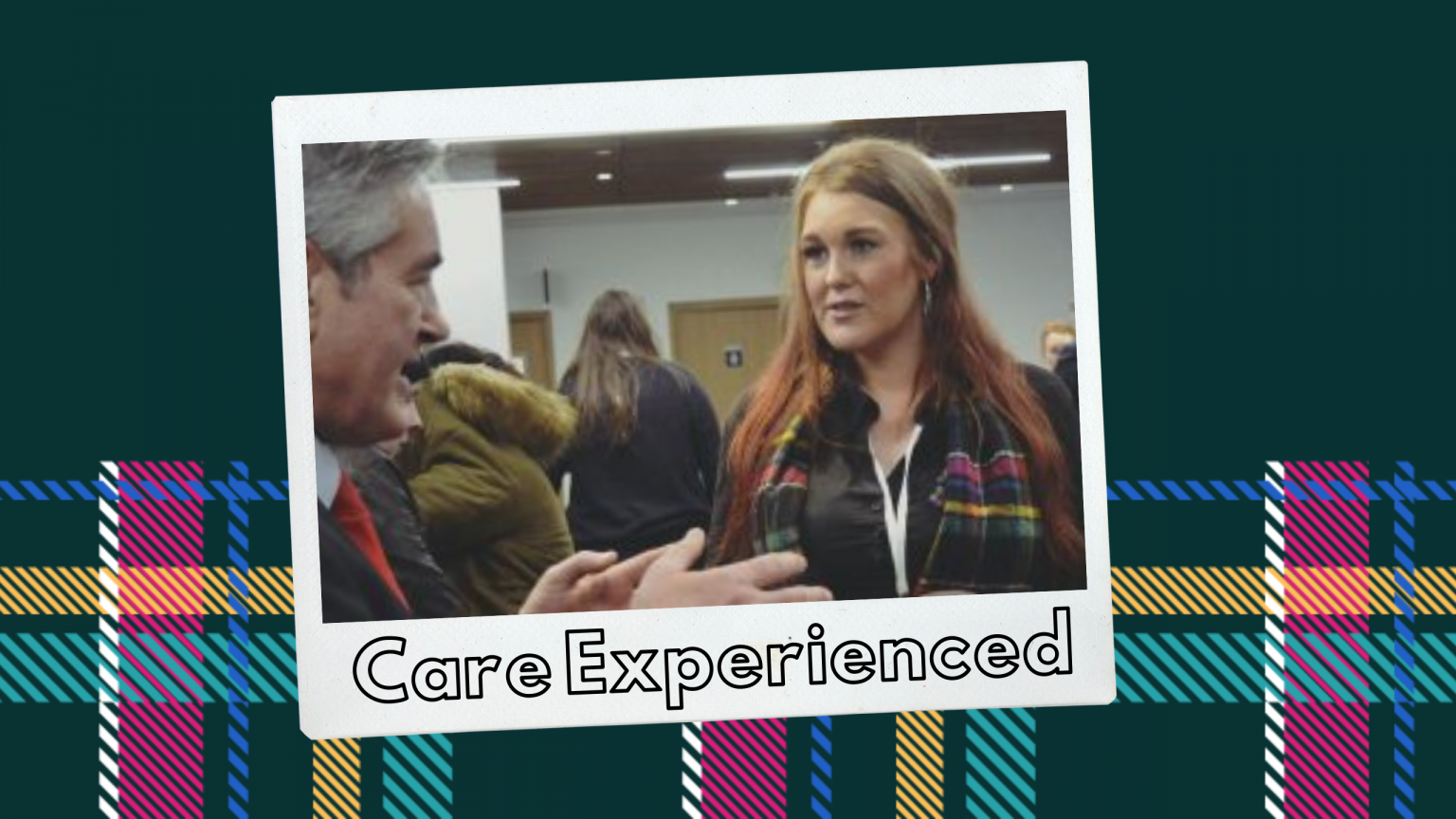On Monday, the Commission on Widening Access published its final report. It has made some really bold and ambitious recommendations for Care Experienced students.
Put simply, I think that if the recommendations of the Commission are implemented by the Scottish Government, we will be giving more care experienced people a chance at having a future. We have to do everything we can to make this report be put into practice.
Being educated, and being part of an environment that values learning, has allowed me to understand and evaluate the importance of my life, not just the subject that I’m studying. Growing up in care has meant that I’ve had to try and understand things around me that other people haven’t. I’m a confident part of the society around me and in large part, that’s because I’ve had the chance to learn.
My education history has not always been great. At a young age I was deemed a class clown and I remember the word ‘delinquent’ being used to describe me. That disruptive behaviour, which I now know was a result of the circumstances I was growing up in, led to me being made to leave two separate primary schools.
As some point, in high school, I had a realisation that I wanted better than what I had come from and where I was destined to go. My behaviour changed and what I got out of school changed too. I achieved grades that, compared to those from more privileged backgrounds, were not necessarily THE best. They were, however, my best and they were enough to get me accepted for a Who Cares? Scotland scholarship to Harvard.

I spent a summer in America, doing more learning than I had ever done before and seeing more of the world than I ever had before. I came back from that summer school determined to make the most of my future but realistic about the challenges ahead of me. I had no idea what support was open to me and I was nervous about taking on a four year degree course and all the debt that comes with it. Despite that, I am now in my third year at the University of Strathclyde Business School studying Management and Marketing.
The first recommendation in the report is that for care experienced students, the Scottish Government should issue a grant instead of a loan. I feel really passionate about this because finance has been a real challenge for me. I don’t have the same family support that other people at university do and it feels like I’m penalised for that by having to take out a loan. The Government, my parent, is a billionaire and yet I will leave university owing them thousands of pounds. This isn’t what happens to other students who have rich parents. It won’t come as a surprise when I say that the Government should consider writing off the student debts of the small amount of care experienced people that have them.
Whilst other parents might be supporting their child to move into their own home after uni, or funding them to go travelling, mine will be deducting repayments from my wages. By getting Highers and making it to third year of university, I have done better than the statistics would have you believe is possible. I think that in part is due to the nurturing environment that care surrounded me with. That, in turn, has made me a motivated and driven individual who seeks more from life.
I never lacked aspiration and I don’t think many care experienced people do. What we can sometimes lack is any kind of a clear path to realising our potential.
The Scottish Government, parent to me and other young people in care, has to want the most for us. The Commission report says:
“Our message to those with care experience should emulate that of a positive parent: we believe in you, we’ll do all we can to support you and if things don’t go to plan, we’ll help you to get back on track.”
I want every young person in care to feel that offer is always there, no matter what happens. It is now our responsibility to make warm words and good intention a reality.







